Time travel—its possibilities, potential and primary obstacles—gets a levelheaded review from a physicist in this lucid, optimistic book.
Throughout Del Monte’s book, which focuses on how time travel might be accomplished and the major issues that stand in the way of its realization, he takes care to emphasize the scientific method, not just for time travel but in evaluating the theories and evidence behind it. By necessity, much of the book discusses various theories and speculations, beginning with Einstein’s Theory of Relativity and extending forward to modern formulations, ranging from Alcubierre’s space-warp proposal to Mallet’s space-time twist theory. Given that many in the scientific community believe time travel is at least theoretically possible, Del Monte focuses in later chapters on the engineering challenges, discussing what would be needed to achieve it and how civilization might go about reaching those milestones. While some of the ideas along the way are the stuff of conspiracy theorists and late-night talk radio—UFOs, the Philadelphia Experiment, etc.—Del Monte never condescends in his examinations, taking a rational, methodical approach to evaluating the possibilities and explaining why he thinks they do or don’t merit further examination. In his refreshingly even-keeled, forthright approach—particularly in his discussion of scientific and anecdotal evidence and the place of both in any thought process—Del Monte does an excellent job of exemplifying the scientific method in action. He clearly favors certain conclusions, but he takes pains to allow room for readers to develop their own interpretations, and he includes appendixes with further information to assist readers in digging deeper.
This articulate, principled use of scientific methodology offers a clear, rational examination of an intriguing concept.
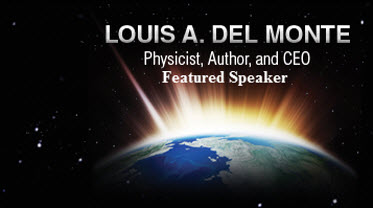

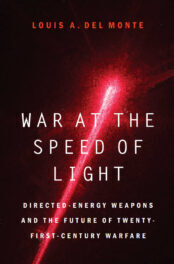
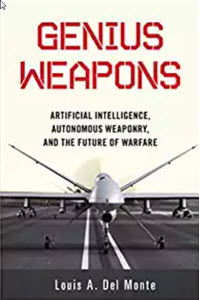
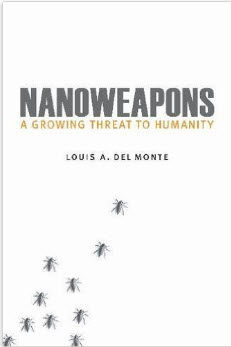
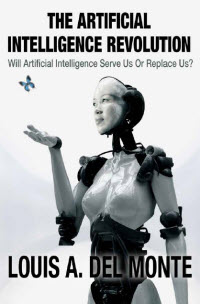

STAY CONNECTED